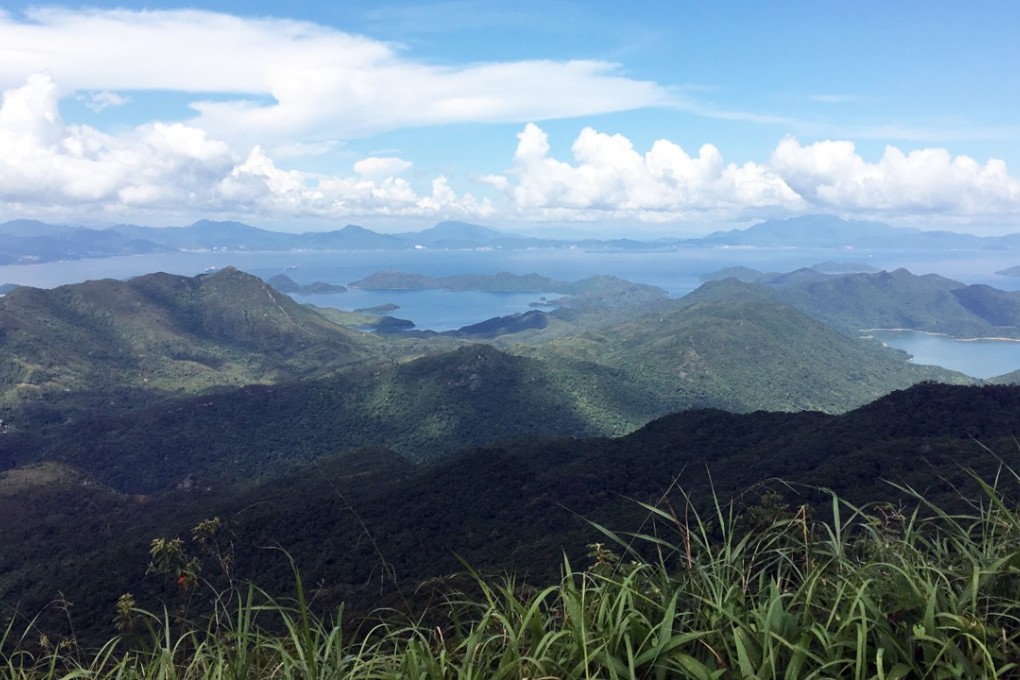‘How can she now say she represents us?’: Hong Kong’s poorly housed reject city leader Carrie Lam using their plight to back controversial land plans
Representative tells forum chief executive’s comments dismayed her group, decrying ‘land policy that severely favours the rich’

People living in Hong Kong’s cubicle flats lashed out at the city’s leader on Sunday, a day after she tried to use people’s poor living conditions to justify controversial land supply measures such as large-scale reclamation.
“We are very angry [about Lam’s comment],” Yau Tze-wei, a member of the Kwai Chung Subdivided Flat Residents Alliance, said. “To us [her comment] is worse than profanity. We have previously asked her to meet us in person but she rejected it. How can she now say she represents us?
“Hong Kong’s housing crisis is not caused by a shortage of land, but by a land policy that severely favours the rich.”
The forum came ahead of a five-month consultation, set to begin in the middle of next month and spearheaded by the government-appointed Task Force on Land Supply. The consultation will include a list of land supply measures, and members of the public will decide which ones to prioritise.
Hong Kong’s housing crisis is not caused by a shortage of land, but by a land policy that severely favours the rich